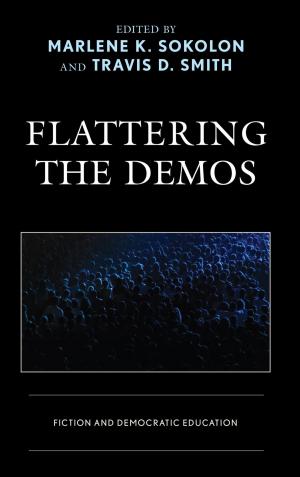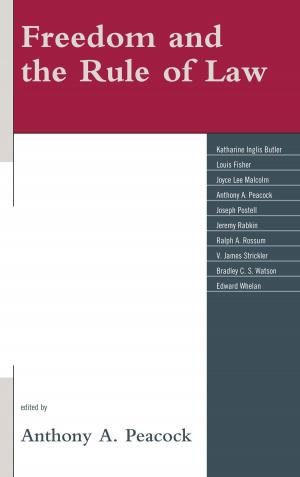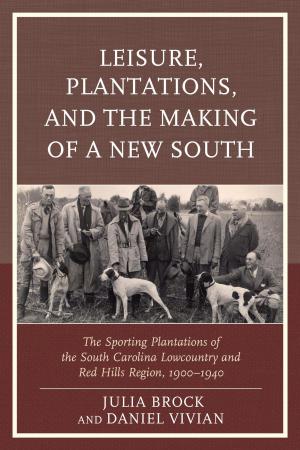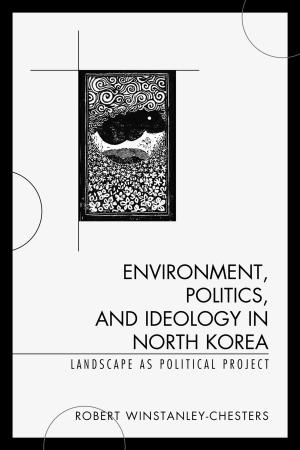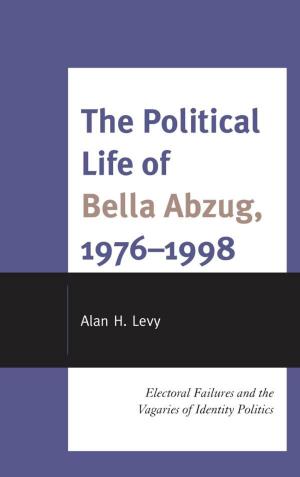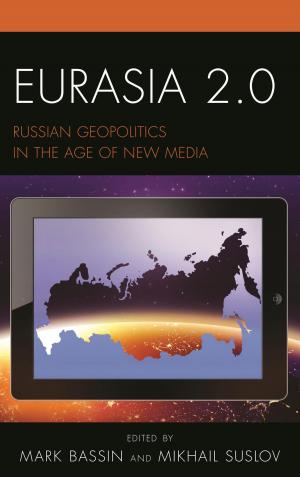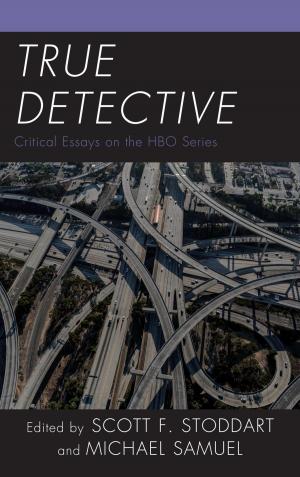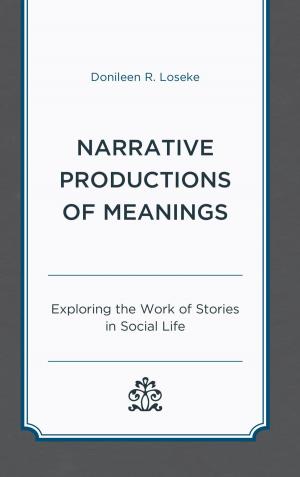Constructing Community
Configurations of the Social in Contemporary Philosophy and Urbanism
Nonfiction, Religion & Spirituality, Philosophy, Aesthetics, Political, Art & Architecture, Architecture| Author: | Brian Elliott, Assistant Professor of Philosophy, Portland State University, USA | ISBN: | 9780739139684 |
| Publisher: | Lexington Books | Publication: | August 20, 2010 |
| Imprint: | Lexington Books | Language: | English |
| Author: | Brian Elliott, Assistant Professor of Philosophy, Portland State University, USA |
| ISBN: | 9780739139684 |
| Publisher: | Lexington Books |
| Publication: | August 20, 2010 |
| Imprint: | Lexington Books |
| Language: | English |
Constructing Community examines community from the particular perspective of the shaping and control of urban space in contemporary liberal democracies. Following a consideration and critique of influential theories of community that have arisen within European philosophy over the last three decades, Brian Elliott investigates parallel approaches to community within urban theory and practice over the same period. Underlying the comparison of political theory and urban practice is a basic assumption that community and place are intimately connected such that the one cannot be adequately understood without the other. The underlying intention of this book is to advocate a particular understanding of community, one that centers on collective, grassroots oppositional action. While it draws on certain current theories and practices, the model of community put forward is far from the orthodox position. This study is a provocative and original analysis of the question of urban politics in contemporary liberal democracies. It offers a strong case for reconsidering current debates on democratic politics in light of the connection between political power and the control of public space and the built environment.
Constructing Community examines community from the particular perspective of the shaping and control of urban space in contemporary liberal democracies. Following a consideration and critique of influential theories of community that have arisen within European philosophy over the last three decades, Brian Elliott investigates parallel approaches to community within urban theory and practice over the same period. Underlying the comparison of political theory and urban practice is a basic assumption that community and place are intimately connected such that the one cannot be adequately understood without the other. The underlying intention of this book is to advocate a particular understanding of community, one that centers on collective, grassroots oppositional action. While it draws on certain current theories and practices, the model of community put forward is far from the orthodox position. This study is a provocative and original analysis of the question of urban politics in contemporary liberal democracies. It offers a strong case for reconsidering current debates on democratic politics in light of the connection between political power and the control of public space and the built environment.



